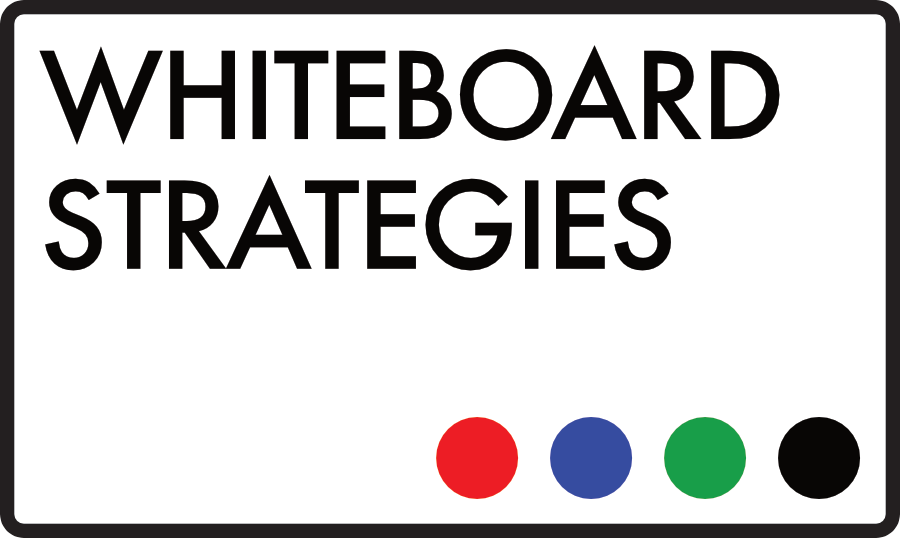Losing a big deal can be a nightmare, right? For your organisation, sure, and for you as a leader – if it’s big enough the chances are the buck stops with you. But that’s no excuse for failing to manage your people properly when things go belly up.
Come on, it’s just about growing up a bit.
I’m not saying get the bubble wrap out and tiptoe around a rep who has just waved good-f**king-bye to a substantial deal – far from it. It just seems mind-blowingly stupid to me that sales departments put processes and practices in place that act like a difficult, clingy partner – months of talking and picking over a problem from every angle, months of exhausting discussions and endless review meetings, excruciating selling and buying process analysis.
Talking and talking and talking and getting nowhere.
Picking over the corpse of a sale like that just doesn’t help. It can’t, can it? You know that salespeople put a lot on big deals, and that departments are often structured in a way that encourages an ‘all or nothing’ attitude to landing the big one. You know that sales floors worldwide are full of people waiting for their shot at a career-defining, quota smashing, team-elevating deal that will jump them from Alan Sugar-aping transactional barrow boys to trusted strategic advisors.
You know that the big deals are the ones that people measure their careers by. And you know that sometimes (more often than not in some sectors, actually) they fall through.
Sure, it’s disappointing when that happens… But you can bet your life it will happen.
More often than not the salesperson or team involved will know exactly what went wrong, exactly who dropped the ball or showed the wrong cards or found some new and innovative way to let it all go to shit. Endless reviews and analysis are not necessary. Shooting holes in a team’s already shaken morale couldn’t be less helpful. The salesperson can tell you what happened, play by play, and you have the data to confirm what they’re saying at your fingertips.
There needs to be accountability, of course. So use the data, verify where the friction or the f*ck up was, then let your rip at your reps if it’s their fault. Make sure they know it can’t happen again. Make sure they know what will happen if it does. Then close the case and move on.
Too many sales leaders advocate a useless pincer strategy of treading too lightly around deal widows or refusing to directly address the deal publically (often in some misguided attempt to protect team morale) while relentlessly dragging reps through the muddy details of a failed deal for months in private when they could be doing their job.
Accountability is vital. Understanding where processes, core capabilities and strategies need patching is vital. But managing salespeople mourning a lost deal comes down to recognising that sometimes bad things happen to good salespeople.
Come on, we’re all old enough and ugly enough to know that things go wrong. That’s a huge part of the game. Even talented salespeople slip up, and even the best of them can be derailed by mismanagement when that happens. Let them learn, make them adapt, help them improve. Then, for the love of God, let them move on.
…Or maybe I’ve got this one completely wrong? You tell me.
Follow Whiteboard Strategies or connect with Mark on LinkedIn, or sign up to The Edwards Update now for monthly insight, delivered straight to your inbox.
– Tom @WSL

Recent Comments